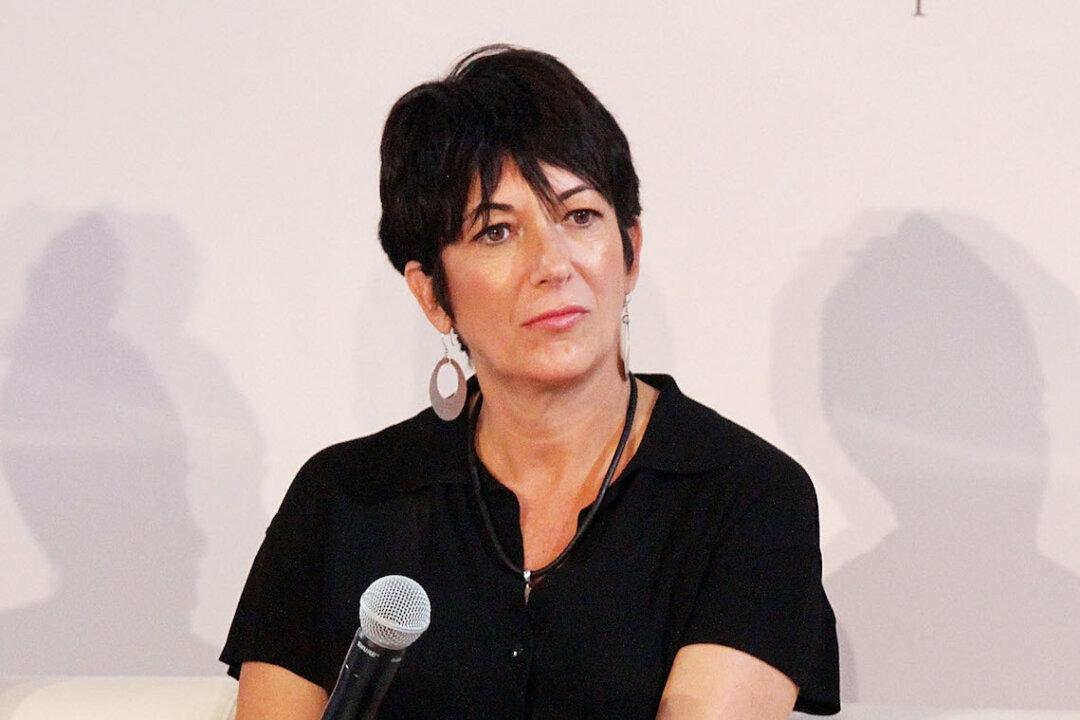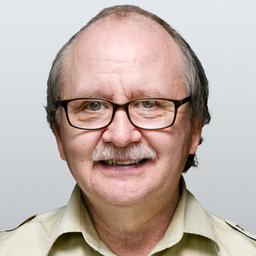NEW YORK—After five days of deliberation, on Dec. 29, a jury found Ghislaine Maxwell guilty on five of the six sex-trafficking charges brought against her in federal court.
Maxwell was found guilty on the following charges:
- Count One: Conspiracy to Entice Minors to Travel to Engage in Illegal Sex Acts
- Count Three: Conspiracy to Transport Minors With Intent to Engage in Criminal Sexual Activity
- Count Four: Transportation of a Minor With Intent to Engage in Criminal Sexual Activity
- Count Five: Conspiracy to Commit Sex Trafficking of Minors
- Count Six: Sex Trafficking of Minors





